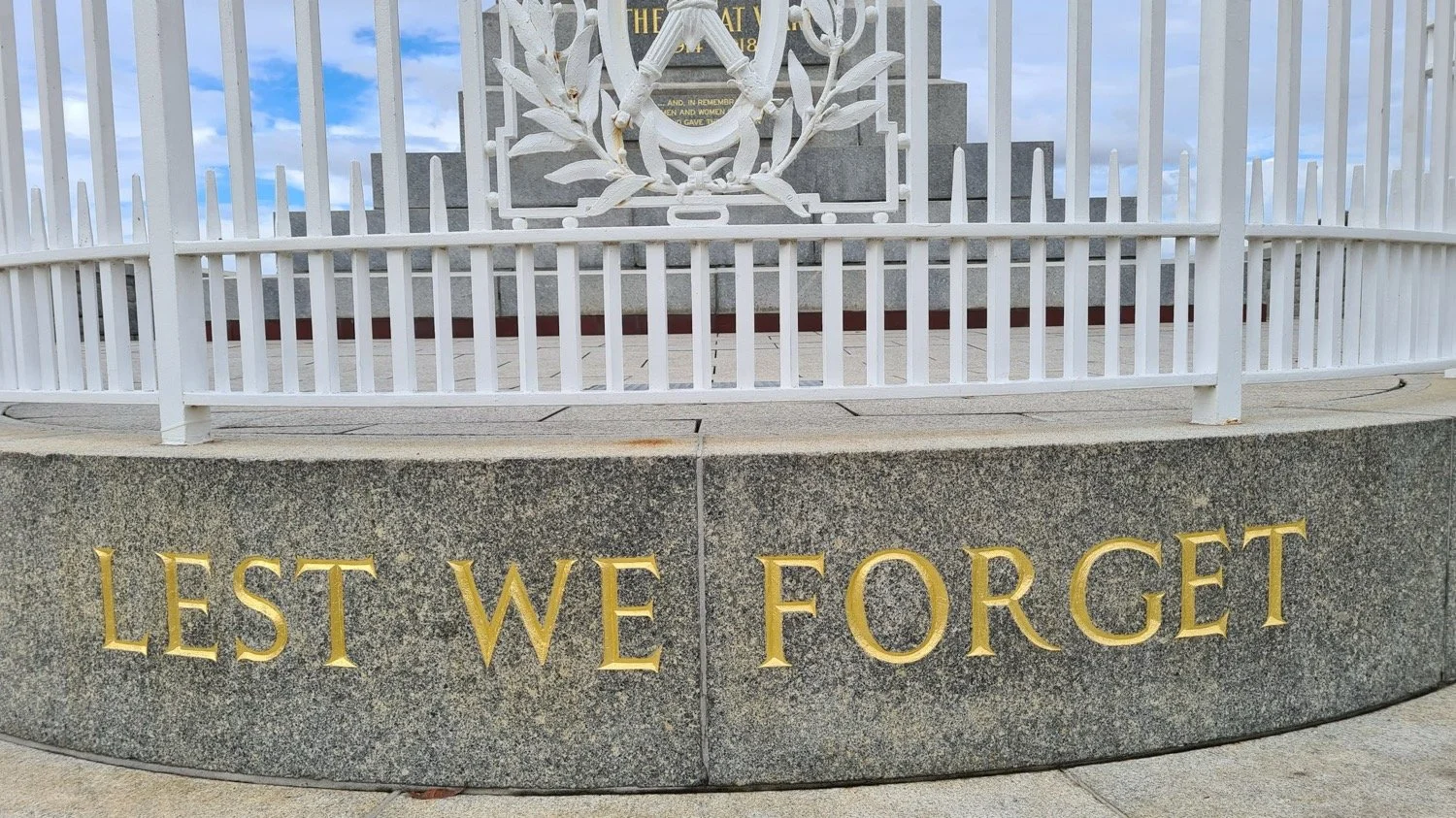Readings for the day: Leviticus 26, 27...Numbers 1, 2
You’ve just finished Leviticus! Congratulations! Huge props! It’s one of the hardest books in all the Bible to get through! But you persevered! You pushed through! Even if you are a little behind, you’re going to make it! Well done!
One big question a lot of folks are afraid to ask is this...what is the purpose behind all these laws? Or big picture, what is the purpose behind God’s Law? The late, great R.C. Sproul described it this way...
“The first purpose of the law is to be a mirror. On the one hand, the law of God reflects and mirrors the perfect righteousness of God. The law tells us much about who God is. Perhaps more important, the law illumines human sinfulness. Augustine wrote, “The law orders, that we, after attempting to do what is ordered, and so feeling our weakness under the law, may learn to implore the help of grace.” The law highlights our weakness so that we might seek the strength found in Christ. Here the law acts as a severe schoolmaster who drives us to Christ.
A second purpose for the law is the restraint of evil. The law, in and of itself, cannot change human hearts. It can, however, serve to protect the righteous from the unjust. Calvin says this purpose is “by means of its fearful denunciations and the consequent dread of punishment, to curb those who, unless forced, have no regard for rectitude and justice.” The law allows for a limited measure of justice on this earth, until the last judgment is realized.
The third purpose of the law is to reveal what is pleasing to God. As born-again children of God, the law enlightens us as to what is pleasing to our Father, whom we seek to serve. The Christian delights in the law as God Himself delights in it. Jesus said, “If you love Me, keep My commandments” (John 14:15). This is the highest function of the law, to serve as an instrument for the people of God to give Him honor and glory.”
We see these three purposes at work in Leviticus 26. In verses 1-13, God clearly lays out the blessings of obedience. If God’s people will live in a way that is pleasing to God, they will bring Him honor and glory. God will dwell with them and walk with them. And they will be blessed. This is the third purpose of the Law. Then, in verses 14-39, God clearly lays out what will happen if God’s people don’t follow His Law. God Himself will become their adversary. He will fight against them. He will walk contrary to them in wrath and fury. He will punish them. They will suffer. This is the second purpose of the Law which is to restrain evil. Finally, in verses 40-46, we see the first purpose of the law come into play. Repentance. The reality is God’s people will not be able to fulfill God’s Holy Law and this is by design. It’s to teach us that righteousness and holiness are beyond us. It’s to bring us to our knees in what I call “holy despair.” It’s to drive us to the end of ourselves. Our strength. Our ability. Our self-sufficiency. So we get to a place where we cry out to God for mercy and grace! We look to Christ to take our place! We glorify Christ for doing what we could not! We surrender to Christ and exchange His righteousness for our own. It’s a beautiful exchange!
So here’s the most important question as you finish Leviticus...do you find yourself resenting the Law of God? Dismissing the Law of God? Or do you find yourself overwhelmed by a deep sense of inadequacy before the Lord? If it’s the former, I would encourage you to go to prayer and ask God to soften your heart towards Him. If it’s the latter, be encouraged that you are drawing ever closer to Christ and He stands ready to take your place!




